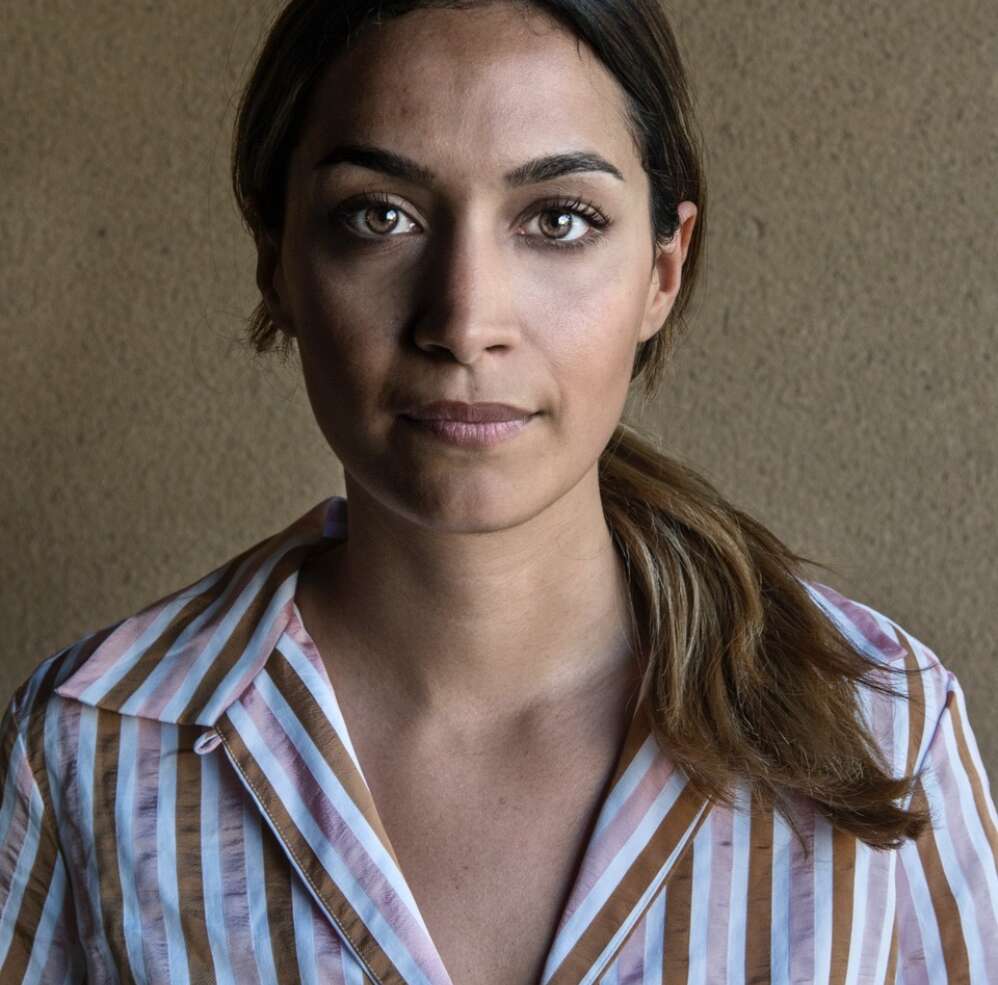WRITTEN BY: Annika Pham
The Swedish film produced by Anagram, opens Friday October 11 in Sweden via SF Studios, following its world premiere in Toronto.

The Swedish film produced by Anagram, opens Friday October 11 in Sweden via SF Studios, following its world premiere in Toronto.
My Life as a Comedian (En komikers uppväxt) is Sekersöz's second feature after her acclaimed directorial debut Beyond Dreams. The film is based on Jonas Gardell’s own adaptation of his best-selling eponymous novel, about growing up in small town Sweden in the 1970s. The story centres on celebrated stand-up comedian Juha (Johan Rheborg), who tells funny and not so funny stories from his childhood to a theatre audience. An unexpected visit from an old school friend (Jakob Eklund), triggers his wish to go back to his native town of Sävbyholm, left 40 years earlier, and to deal with his past. In long flashbacks, we see Juha (12), as the class clown who desperately tries to fit in. His best friends –whom he ignores at school - are his neighbours - Jenny Li-an adopted Chinese girl, and the bullied boy Thomas.
The film was produced by Anagram Sweden with support from Nordisk Film & TV Fond. The Yellow Affair handles world sales.
How did the project land on your desk? Had you read Jonas Gardell’s book?
Rojda Sekersöz: Yes I had read it when I was 13 as it was a mandatory school read. The producer [Martin Persson] contacted me when he saw the work in progress of Beyond Dreams and asked me to read the script of My Life as a Comedian. Then I was introduced to Jonas, to check how we would connect and we clicked immediately. I gave him my feedback on the script that included changing the ending of the film, which we did!
Was it intimidating to work with Jonas Gardell? How was your collaboration?
RS: We made clear from the beginning that the film is loosely inspired by his own experience but is not autobiographical. Jonas had worked on the story for a very long time so he appreciated having fresh eyes. I was actually surprised how open he was to new ideas. The challenge for me was to figure out how I wanted to tell the story. But I believe you can see my DNA in the film.
I guess the fact that you are Swedish with a foreign origin, made you relate to the main three protagonists: the Swedish Finn Juha, his best friends Jenny who has a Chinese background and Thomas, of German origin…
RS: I actually came up with the idea of Jenny being an adopted child. Finnish immigrants in the 1970s were often considered as second-class citizen. I wanted to deal with the issue of prejudice, still very topical today. I think it was a very clever idea from the producers to make me collaborate with Jonas, two people of different background and generation.
Johan Rheborg is also a famous stand-up comedian, like Jonas Gardell and Juha in the film and he told me that he also experienced bullying at school. What was his input to the character of adult Juha?
RS: We talked a lot about his character as he was Juha’s age in the 1970s. From our very first meeting, we connected. I had also made it clear from the outset, that I only wanted to work with a much more experienced cast & crew, hoping I would find people who saw themselves as equals. This is exactly what I felt with Johan. There was a mutual respect. He gave me so much and vice versa.
How was your experience of working with children? All kids in the starring role are really impressive…
RS: We cast over 100 children in Stockholm and Göteborg. Making a film with children is not only about finding talented kids, it’s also about making sure they are disciplined and able to work hard over a set period of time -34 shooting days. Other than that, I don’t think directing kids is much different from directing adults, although they don’t have the tools that professional actors can rely on. The bigger challenge was to find the authenticity in certain scenes, seen through the eyes of children.
This film is your first period drama, with a large crew of set designers, costume designers etc. Was this thrilling?
RS: I never really thought I would do a period piece, but it was a fantastic experience. You have to do a lot of research and be super prepared; you are not so free because of the costumes, language etc. But again, having experienced people around me helped a lot, and I gained a lot of experience myself.
After My Life as a Comedian, you’ve experienced again something new by directing a few episodes of SVT’s upcoming series Swiping…
RS: Absolutely! It was the first time I was working for television and the first time I was collaborating with another director –Jens Sjögren. It was a true privilege. I would love to do more TV drama and to bring my own material to television. We’ll see!